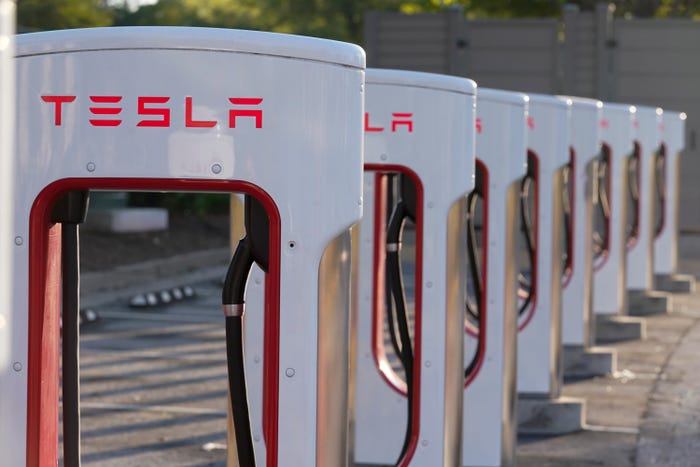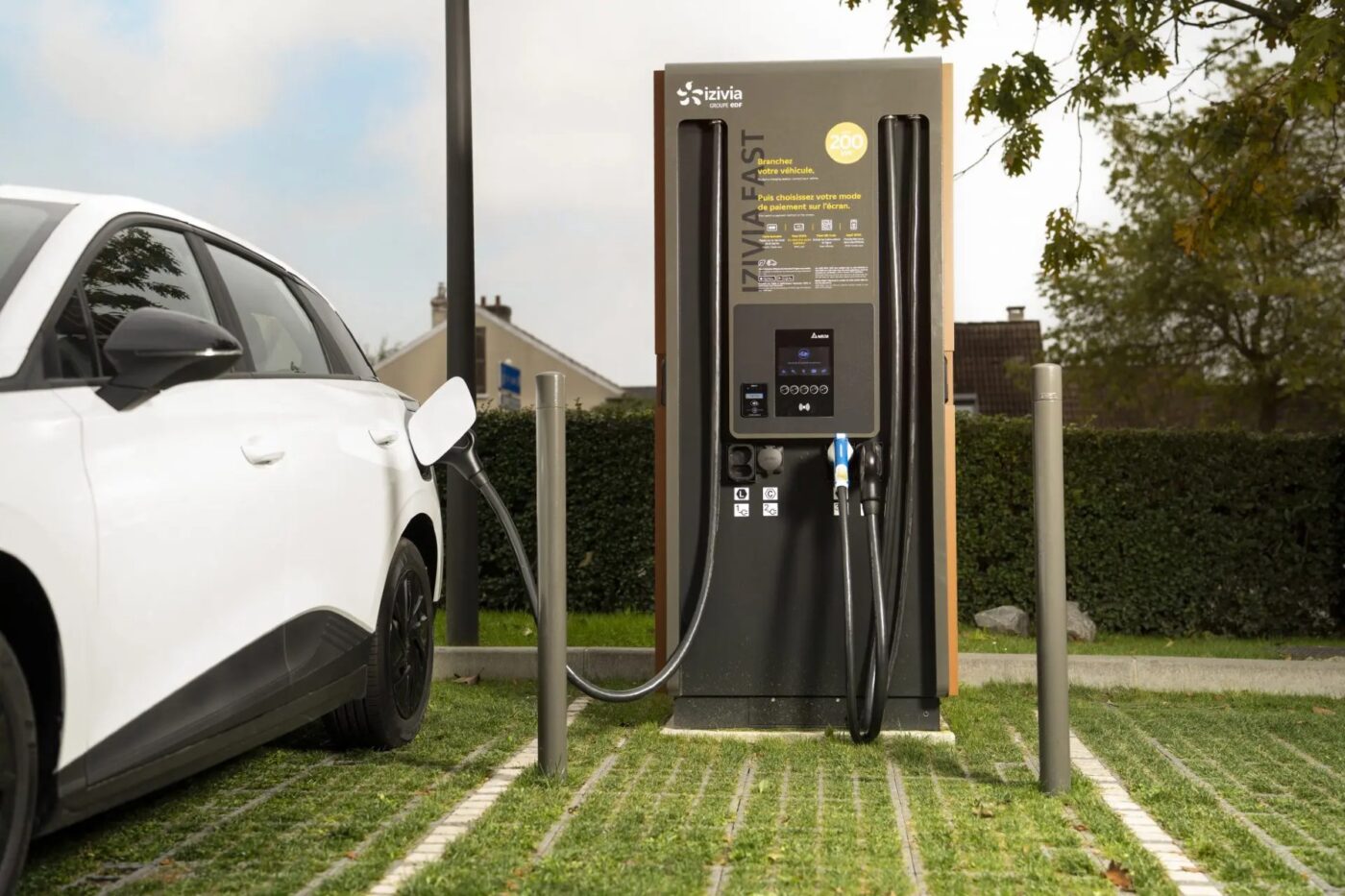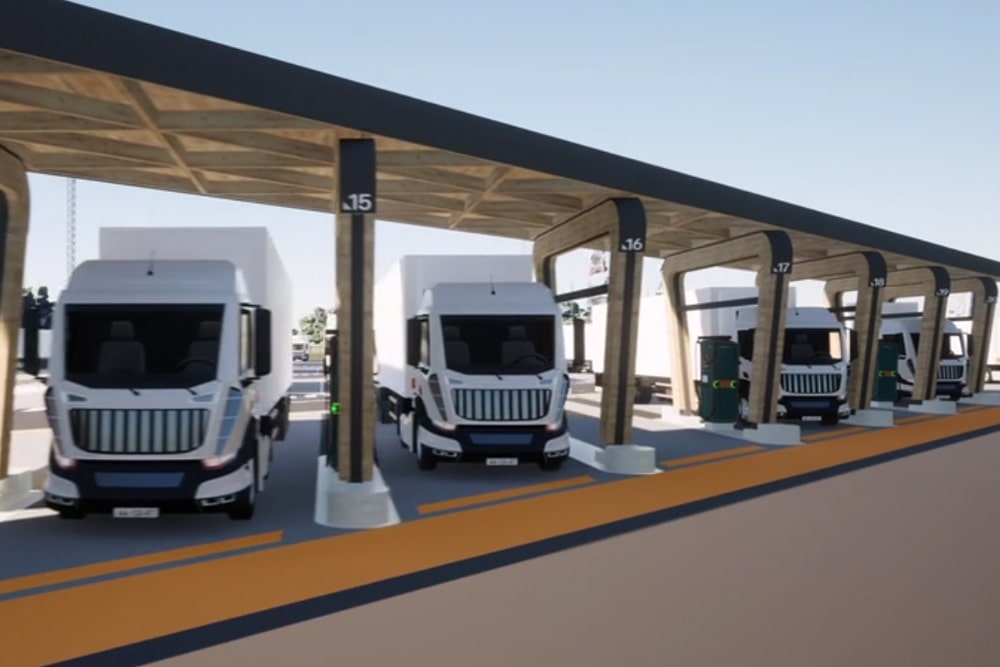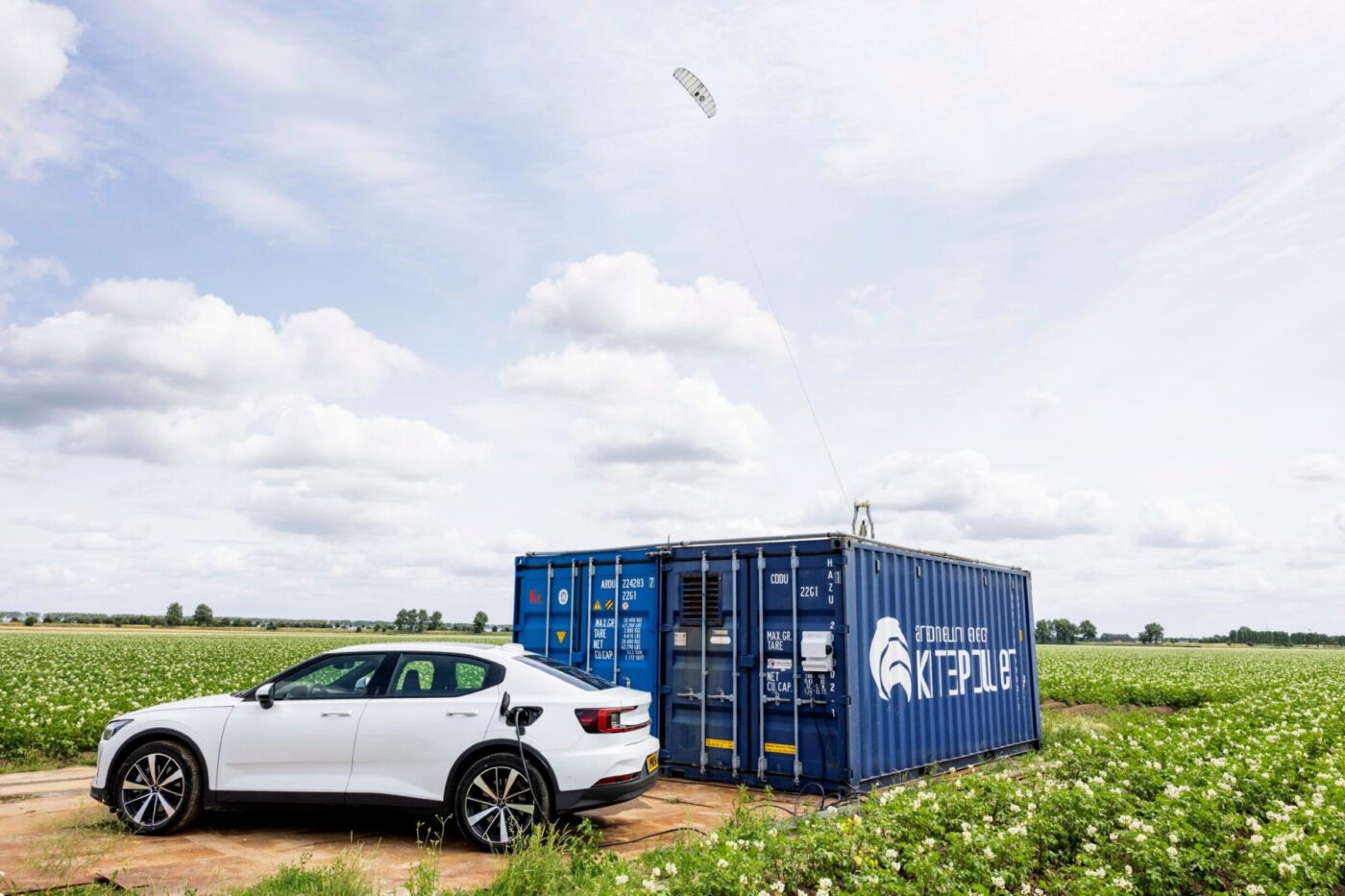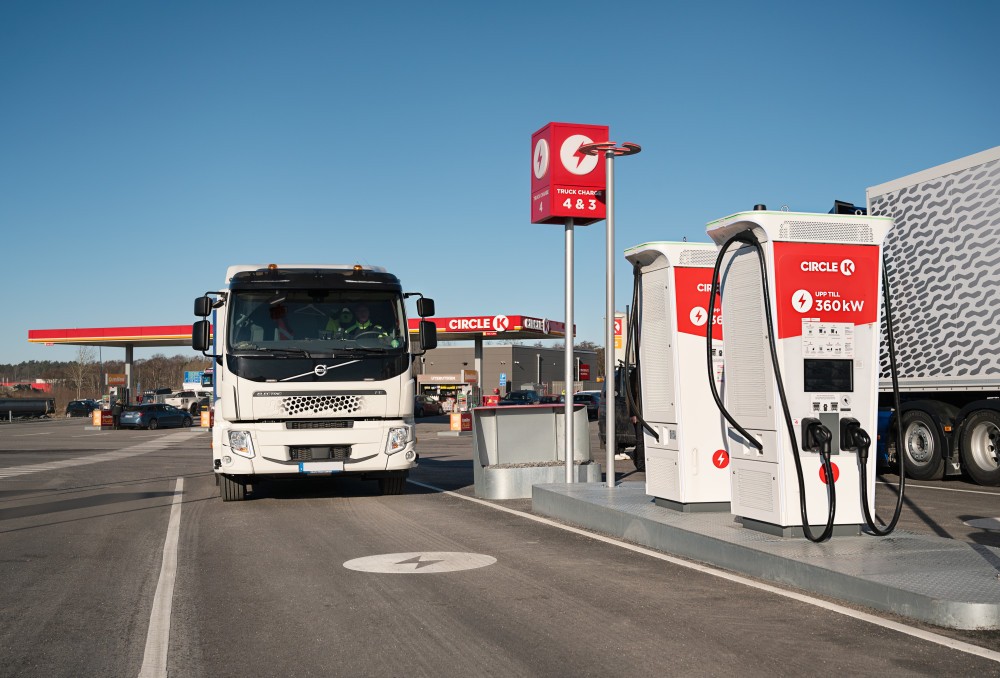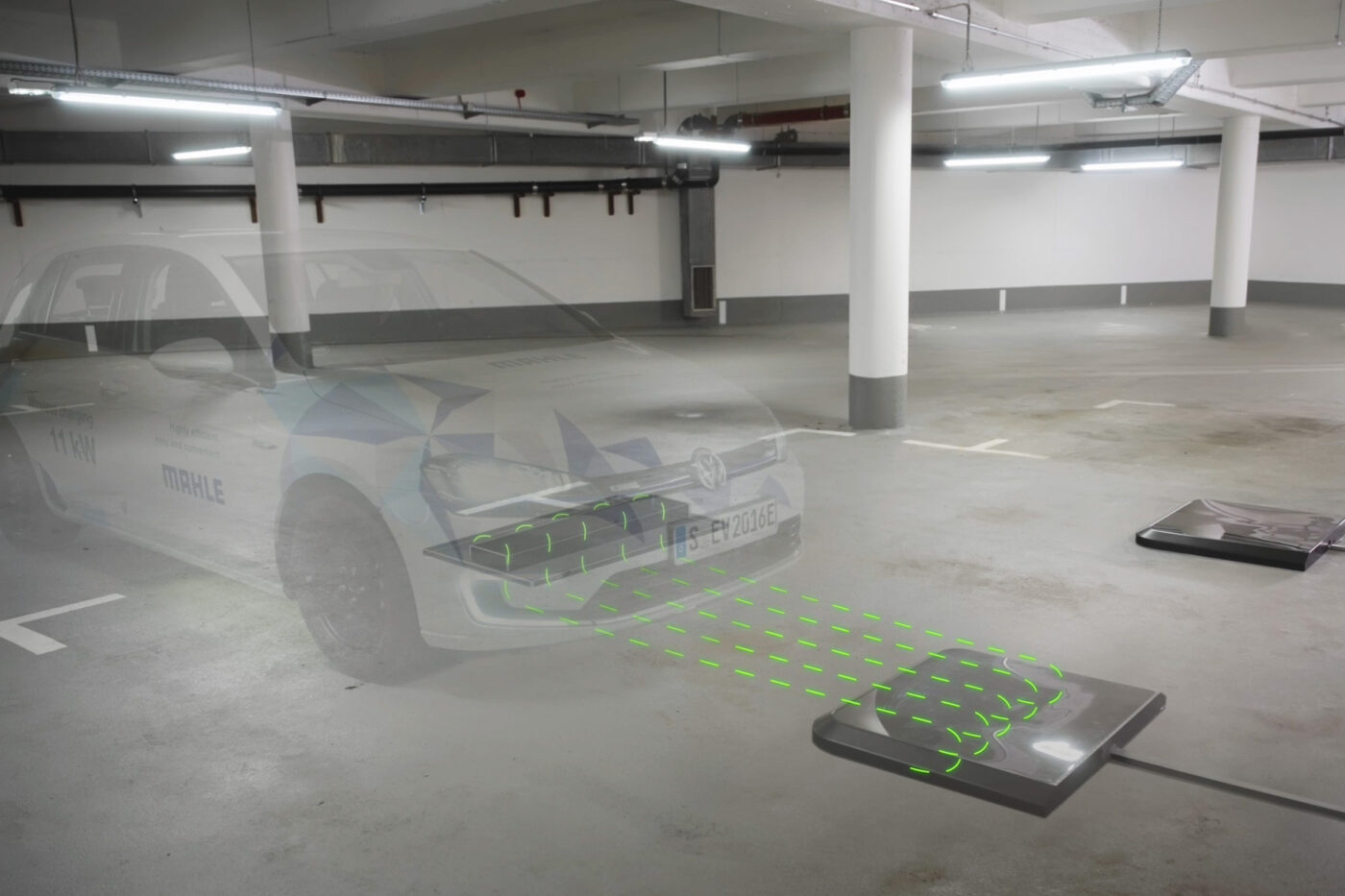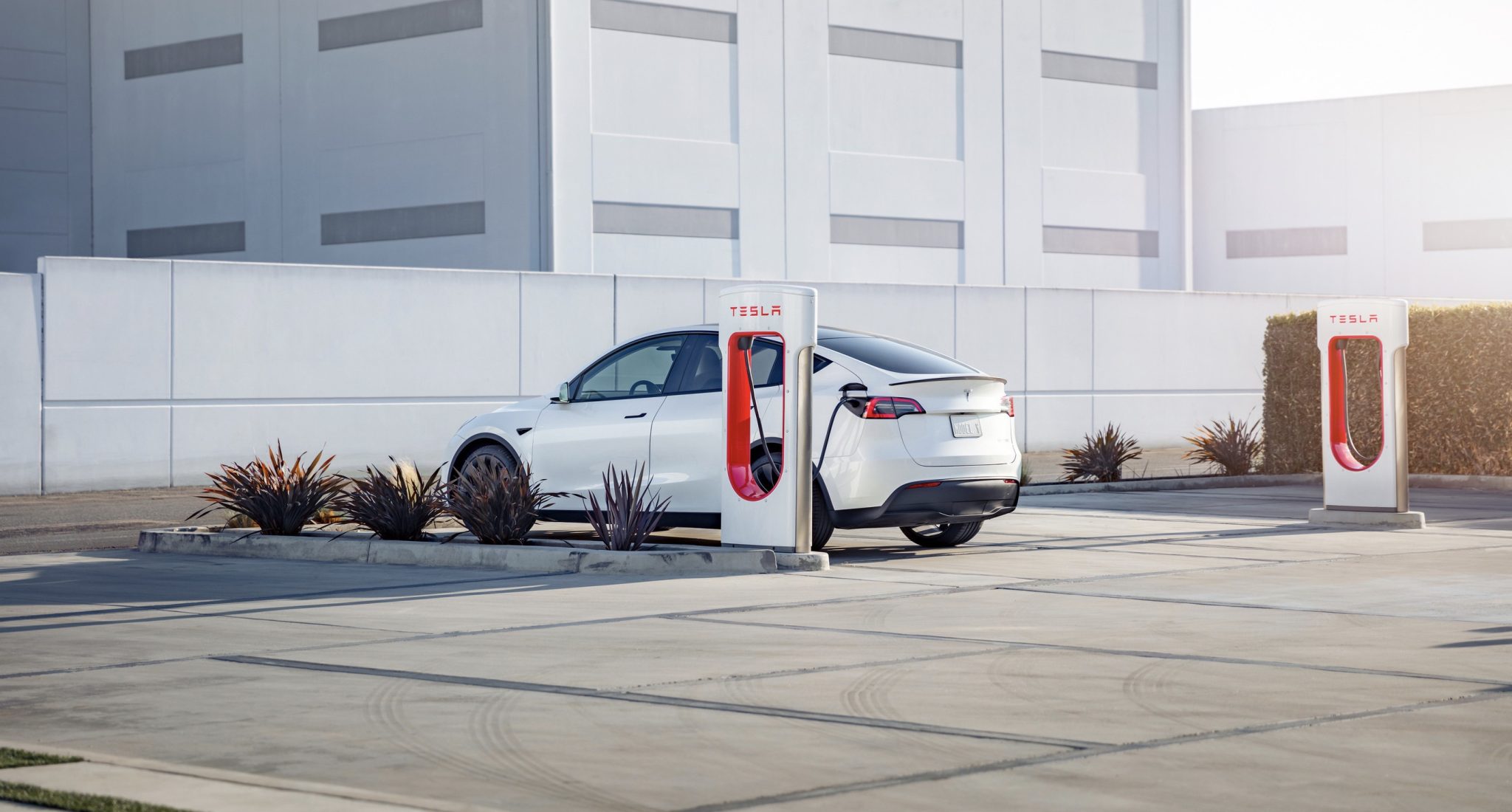South Korea has joined the growing list of countries where Tesla is allowing open access to its Supercharger network for non-Tesla electric vehicles (EVs). The company recently announced the move on its social media platform, X (formerly Twitter), revealing that around 80 Supercharger sites are now accessible to drivers of any EV brand, with more sites expected to be added in the near future.
Tesla’s decision to open its Supercharger network to third-party EVs is not limited to South Korea. The company had previously implemented a similar strategy in Europe, where it made select Supercharger hubs available for use by non-Tesla vehicles. The ‘Non-Tesla pilot’ program has been extended to over 20 countries, including 15 European nations such as Germany, France, and the UK.
In November, Tesla celebrated the opening of its 1,000th Supercharger stall in South Korea, marking a significant milestone for the company’s global charging infrastructure. The move to expand access to non-Tesla EVs is part of Tesla’s broader initiative to make its Supercharger network more widely available, fostering collaboration and inclusivity within the electric vehicle ecosystem.
Select Superchargers in South Korea are now open to all electric vehicles → https://t.co/mJJAcn1afm
— Tesla Charging (@TeslaCharging) November 22, 2023
This global expansion is not exclusive to Asia, as Tesla has also opened Supercharger stations to non-Tesla electric vehicles in regions like China, Australia, and New Zealand. Notably, in China, a recent agreement with SAIC-GM allows in-app access to the entire Supercharger network for certain vehicles.
In North America, Tesla has taken a proactive approach by promoting its charge plug as a de facto standard, encouraging other automakers to adopt adapters for access to the Supercharger network. Reports suggest that by 2025, major car manufacturers in the US will equip their models with NACS plugs, aligning with Tesla’s charging infrastructure.
It’s worth noting that while Tesla vehicles in Europe and other parts of the world come with CCS connectors, the company has ventured into supplying EV charging hardware to external clients. Notable examples include agreements with BP and the EG Group, where Tesla V4 generation chargers, reportedly optimized for use with any EV, have been deployed.

